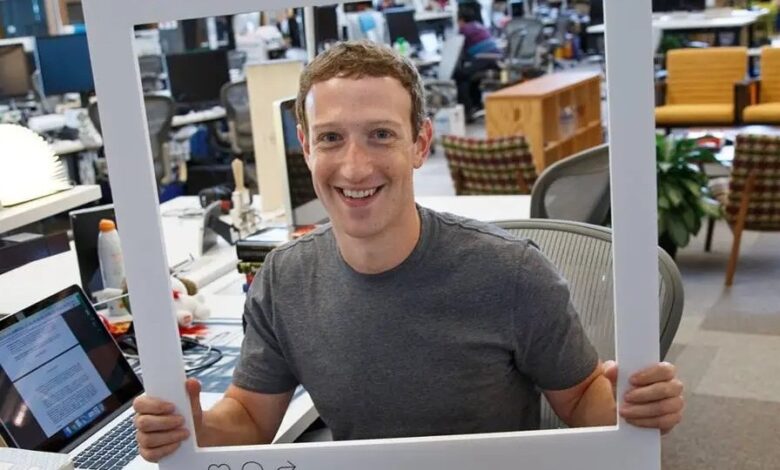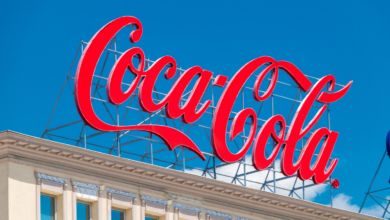Generative AI promises future profits but will take years, Meta CEO Mark Zuckerberg tells investors

The race towards harnessing the power of generative artificial intelligence (AI) is well underway, yet investors were cautioned not to anticipate immediate returns. Meta CEO Mark Zuckerberg delivered this message during Wednesday’s call discussing the company’s first-quarter earnings report. With the recent integration of its ChatGPT competitor across platforms like Instagram, Facebook, and WhatsApp, much attention was directed towards how generative AI will translate into financial gains for Meta.
While Meta remains highly profitable, boasting a net income exceeding $12 billion on $36.5 billion in revenue for the last quarter alone, future revenue growth is anticipated to decelerate. Simultaneously, the company is allocating unprecedented resources towards AI development and the metaverse.
“Historically, investing in developing these new scaled experiences within our apps has proven to be a lucrative long-term venture for us and our investors,” Zuckerberg remarked during the earnings call, drawing parallels to previous rollouts such as Stories and Reels. “The initial indicators are promising here as well. However, establishing the leading AI will be a more extensive endeavour than previous app enhancements, likely spanning several years.”
Zuckerberg highlighted that the Meta AI assistant has been “tried” by “tens of millions of people” since its recent widespread availability. However, the true test lies in whether the Meta AI becomes a staple product for users and whether there is significant demand for an AI assistant within social media applications.
Looking ahead, Meta envisions various avenues to monetise its assistant, currently offered for free.
“There are numerous opportunities to develop a substantial business here, including expanding business messaging, integrating ads or paid content into AI interactions, and offering users the option to pay for access to larger AI models and enhanced computing power,” Zuckerberg explained. “Furthermore, AI is already enhancing app engagement, naturally leading to increased ad exposure and refining ad delivery to provide greater value.”
In the near future, Zuckerberg suggested that increased usage of Meta AI could enhance the quality of its advertisements, indicating that the company will analyse user interactions with its assistant to gain insights into their purchasing preferences. This approach sets Meta on a divergent path from OpenAI, which has thus far favoured subscription-based models and a burgeoning focus on enterprise solutions over advertising.
Beyond its endeavours in generative AI, Zuckerberg expressed optimism regarding the success of Meta’s smart glasses in collaboration with Ray-Ban. He noted during the call that many styles and colours of the device are currently sold out and highlighted the recent wider availability of the device’s multimodal AI capabilities.
“I previously believed that AR glasses would only become a mainstream product with the advent of full holographic displays,” Zuckerberg reflected. “However, it is now apparent that there is also significant demand for fashionable AI glasses without a display.”



